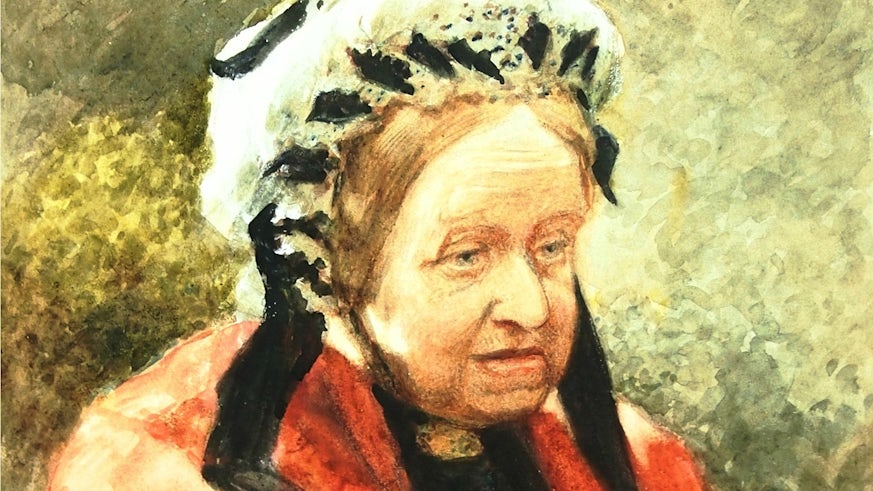Unique collection to be brought to global audience
1 December 2016

A unique collection held in deposit at the University will be brought to audiences worldwide thanks to a new grant.
The National Archives’ Cataloguing Grants Programme - funded through the generous support of many international partners - awarded the University’s Special Collections and Archives £38,601 to catalogue the Collingwood Collection.
The funding will also make parts of the collection – which is valued at £2,250,000 - digitally accessible to broad audiences across the arts, socials sciences and natural sciences.
The Collingwood’s were a famous family of artists, archaeologists, writers and philosophers. The uncatalogued collection of more than 60 boxes comprises a treasure trove of unique materials that have been largely inaccessible to the public.
The collection includes rare signed books dating from the sixteenth century, thousands of postcards, legal documents, photographs, sketches, paintings, thousands of letters dating from the eighteenth century, and diaries spanning three centuries.
Alan Vaughan Hughes, Head of the University’s Special Collections and Archives said: “The Collingwood Collection reflects the interests of a remarkable family. It spans over three centuries of manuscript, legal, artistic and printed materials.
“It ranges from purely family matters, to archaeological digs, church architecture, splendid examples of legal documents and sketch pads of Barbara Collingwood and her father, W. G. Collingwood..."
“The Collection is of significant interest to a wide variety of disciplines so I am delighted that this grant will enable us to bring this rich resource to a larger audience.”
The University was one of eight successful applicants for the highly competitive funding, and received the largest grant awarded by the programme in 2016.

